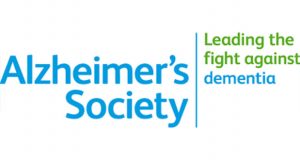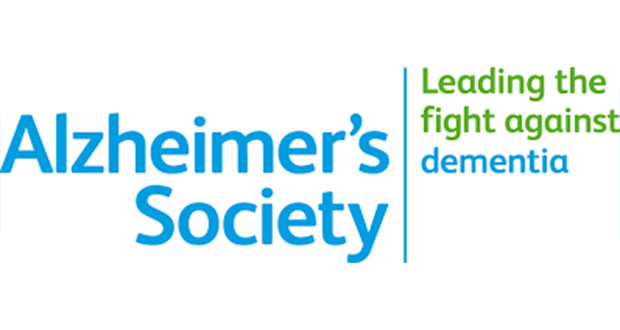Specialists Still Not Talking About Death And Dying With People With Dementia And Their Families
 A study, supported by the terminal illness charity Marie Curie and Alzheimer’s Society, reveals that there remain significant barriers for specialists to talk to people with dementia and their carers about death and dying.
A study, supported by the terminal illness charity Marie Curie and Alzheimer’s Society, reveals that there remain significant barriers for specialists to talk to people with dementia and their carers about death and dying.
The research published in the International Journal of Geriatric Psychiatry found that three out of five memory services do not routinely tell family carers that dementia is a terminal condition.
For many people, memory services, who diagnose dementia and offer support, are their first point of contact for accessing information and advice, and are vital in ensuring people get the right care and support early on in the diagnosis when the person with dementia still has capacity.
The study found that while healthcare professionals routinely talk to families about legal arrangements (health and welfare: 72%, finances: 74%) and address dementia as progressive (89%), many staff do not discuss the terminal nature of the condition, which leaves some families unaware that their loved one will die from dementia. This is consistent with European research, which shows that only 43% of family carers consider dementia a disease you can die from [1].
Dementia is the leading cause of death in the UK, but more than a third of people caring for someone with dementia report feeling unprepared for the death [2]. If people are not signposted to the services they need this could result in patients dying with untreated symptoms and pain, and carers struggling with feelings of guilt and complex grief, causing an irreparable ripple effect.
Dr Kirsten Moore, Senior Research Fellow, Marie Curie Palliative Care Research Department (UCL) said:
“It is possible for people to live well with the disease, but if healthcare professionals fail to communicate that people can die from dementia then it becomes difficult to prepare people for end of life and to open up these conversations. While some people may not want to discuss these difficult topics, we need to offer opportunities for having these discussions. We know people with dementia lose capacity due to cognitive impairment, so it’s even more important for this vulnerable group to have these discussions early on, so they can make their final wishes known. When these conversations don’t happen, families and carers are unable to plan for their loved one’s death. This is why it’s crucial we get it right from the beginning.”
“It’s vital that all healthcare staff receive the appropriate training and clinical support to have the confidence and knowledge to talk to patients and their carers about death and dying. Having a dedicated clinician to address these issues within the memory clinic may be one way of ensuring discussions become a routine part of practice. Often it is starting these conversations that is the difficult part. If you can offer an opportunity for a discussion, many family carers will often have concerns or questions they have been unsure about who to ask.”
Sally Copley, Policy Director at Alzheimer’s Society, which part-funded the research, said: “We funded this research to find out if stigma persists around talking to people with dementia about the later stages of the condition, and it’s shocking to see that – at least in the memory clinics where this study took place – these difficult but important conversations are often still not happening. This is unfair and unacceptable: it doesn’t give people a chance to prepare, make decisions and take control of their future.”
“There are clear NICE guidelines saying conversations about end of life care should be offered early, with lots of opportunities for review. Better training needs to be put in place to create a culture shift, improving attitudes.”
“There are 850,000 people with dementia in the UK, and countless loved ones supporting them. Every person deserves to have the opportunity for an honest, informed conversation with a health professional about the terminal nature of dementia, to help them think about their end of life wishes, and properly prepare families for the road ahead. Anyone affected by dementia looking for support and advice can call the National Dementia Helpline on 0300 222 11 22.”
Researchers identified significant variation in follow-up practices between memory services, which meant that some services had fewer opportunities to talk in-depth about advanced care planning and end of life care. Services need to provide additional support to their clients so that conversations can occur after people have had time to adjust to that initial diagnosis of dementia.
The team concluded that establishing relationships and regular follow up with people may help healthcare professionals feel more comfortable in broaching these difficult conversations with patients and their carers but that access to ongoing support will depend on which memory clinic catchment you live in.
The study titled The Role of the Memory Service in Helping Carers to Prepare for End of Life: A Mixed Methods Study was published in the International Journal of Geriatric Psychiatry. The full research paper can be accessed here.
The study was funded by an Alzheimer’s Society fellowship and undertaken in the Marie Curie Palliative Care Research Department at UCL with support from the terminal illness charity Marie Curie.





